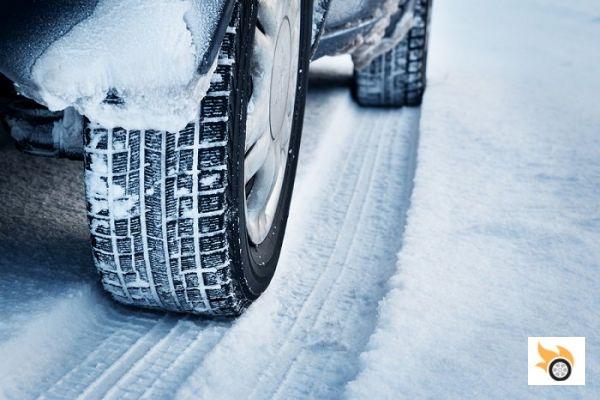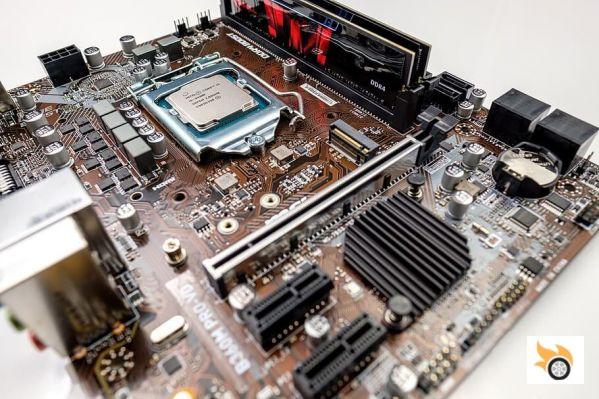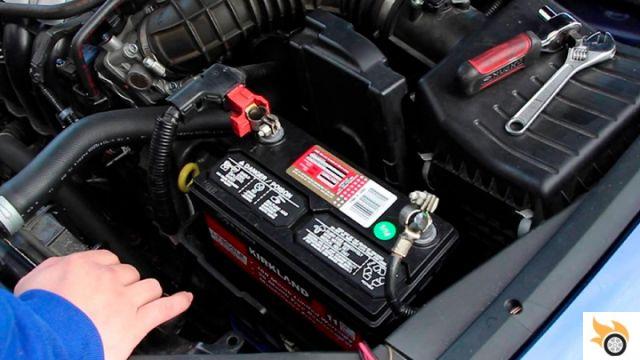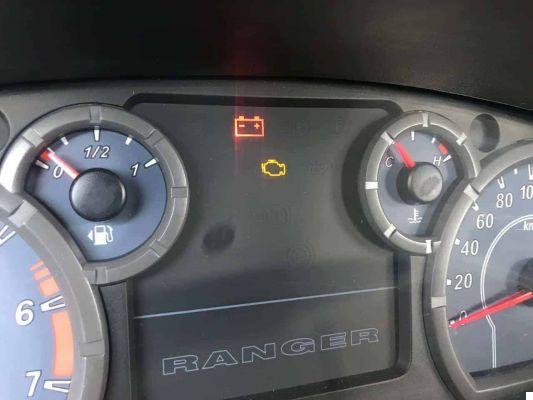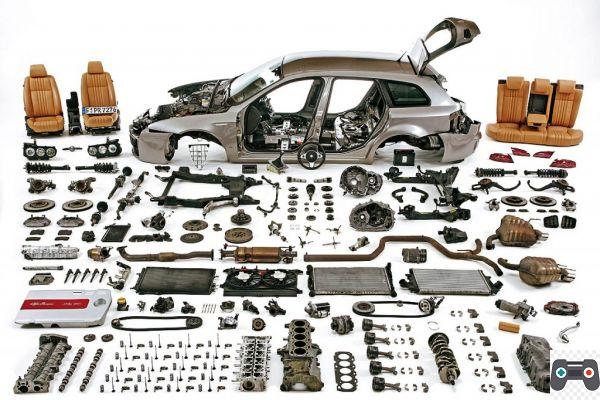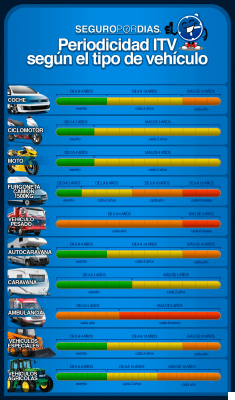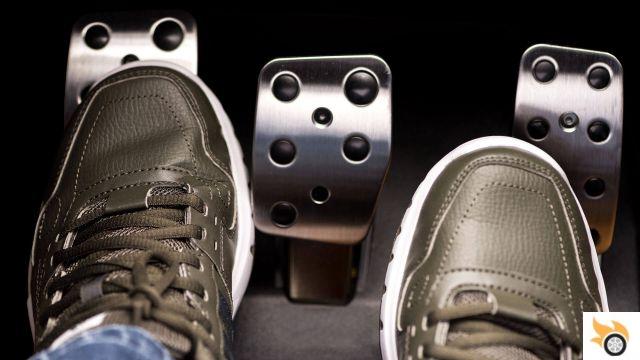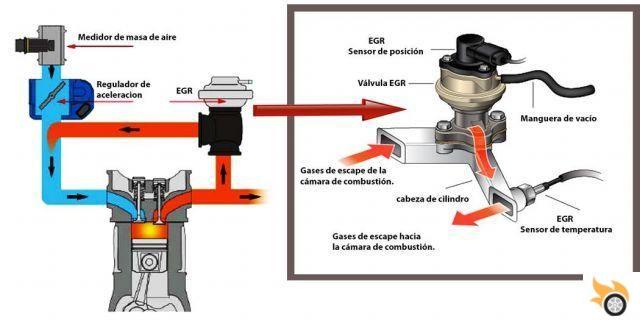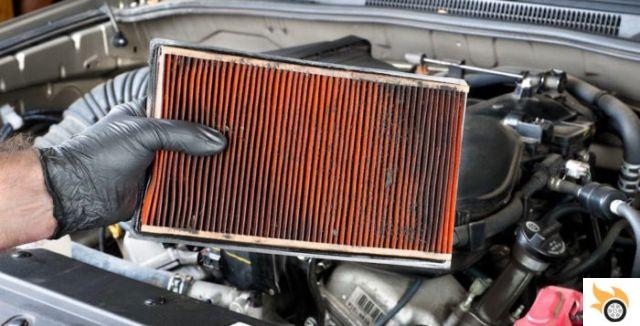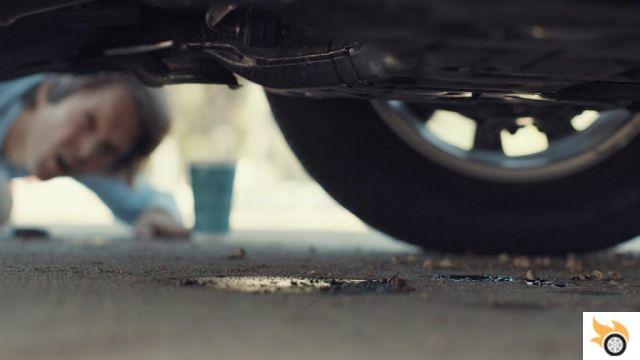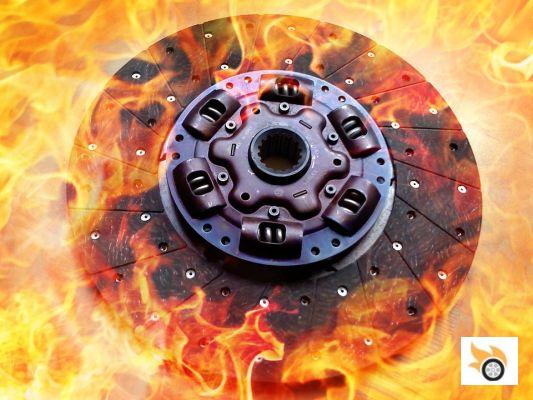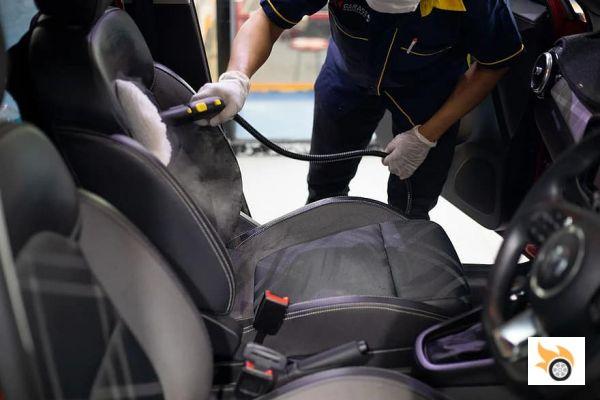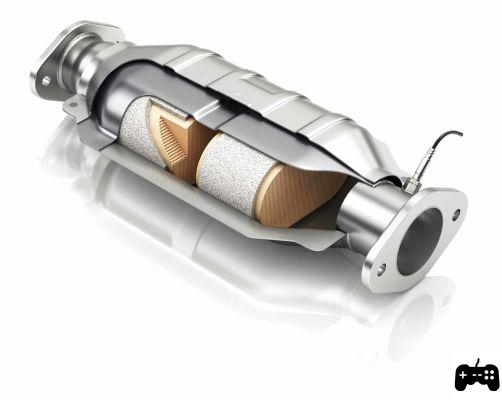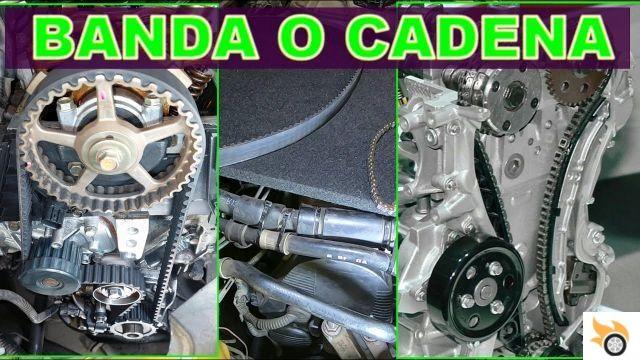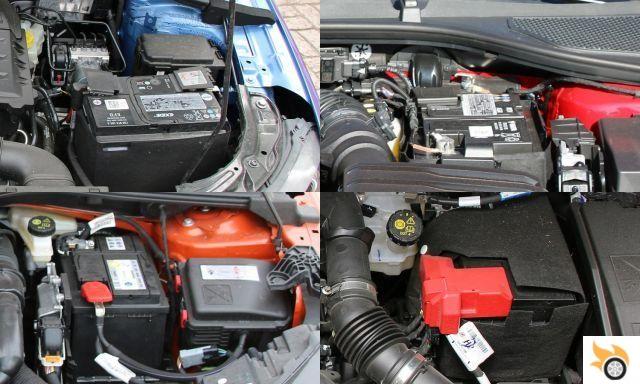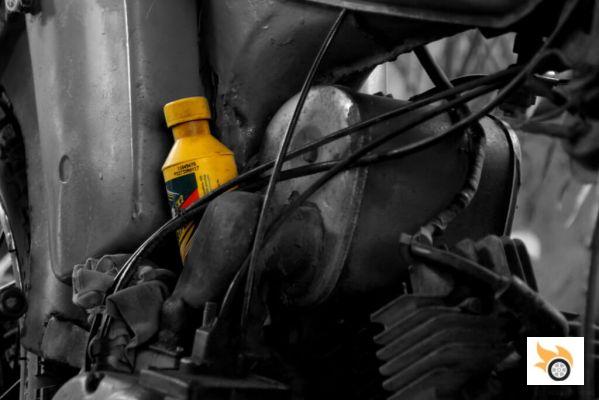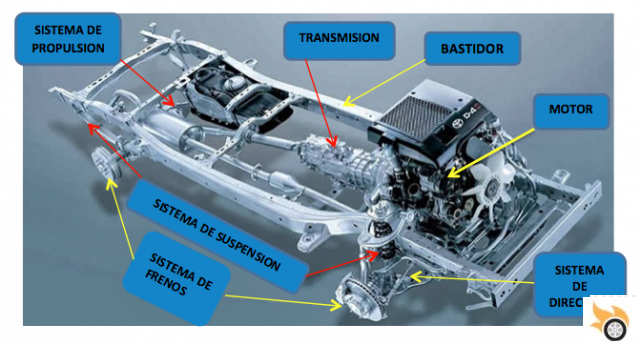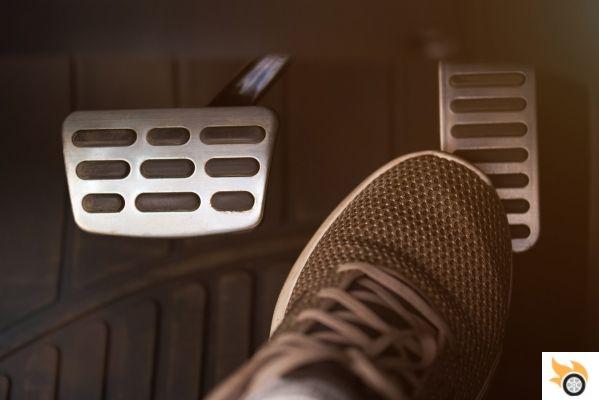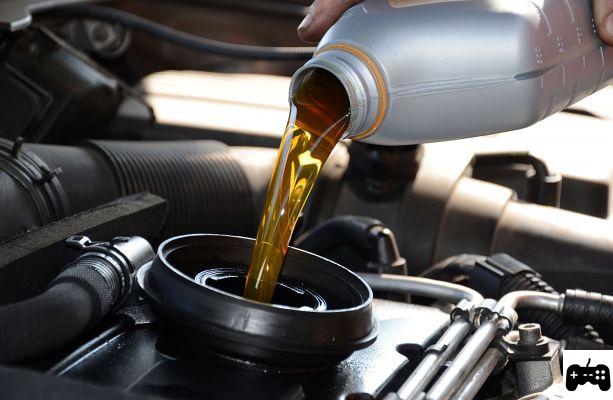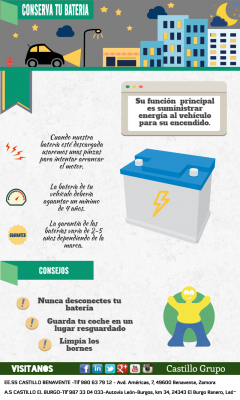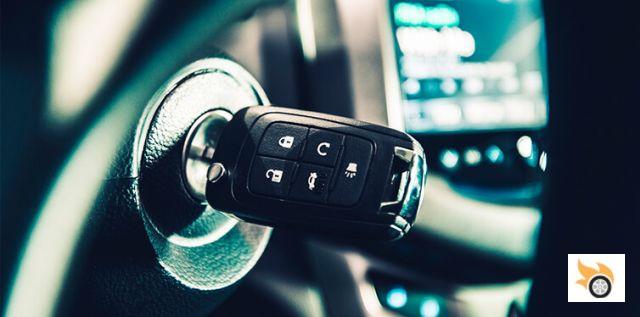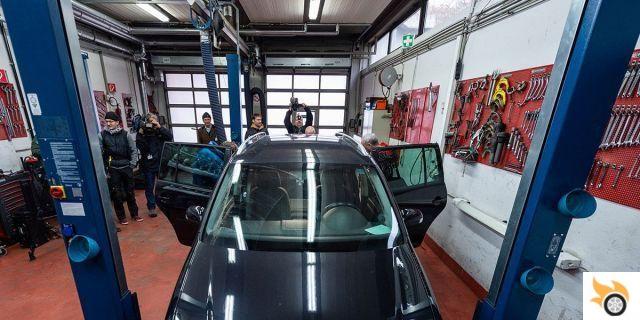The clutch of a car is one of the most important parts of the transmission system. Its correct operation is essential to be able to change gears and control engine power. However, sometimes problems can arise that manifest themselves through different noises. In this article, we will explain the different sounds that can indicate a clutch failure and we will give you tips on what to do if you hear them.
1. Squealing noise when pressing the clutch pedal
One of the most common noises that can indicate a clutch problem is a squeal when you step on the pedal. This sound is usually caused by a worn clutch disc or thrust bearing. If you hear this noise, it is important that you go to a specialized workshop to check the condition of the clutch and carry out the necessary repairs.
In some cases, the squeal can be caused by a lack of lubrication in the clutch components. In these cases, the mechanic will have to apply special grease or lubricant to fix the problem. It is important to note that ignoring this noise can lead to premature clutch wear and more serious drive system failure.
2. Metallic noise when changing gears
Another sound that may indicate a failed clutch is a clang when changing gear. This noise is usually caused by wear on the clutch discs or gearbox synchronizers. If you hear this sound, it is important that you go to a workshop to check the condition of the clutch and make the necessary repairs.
In some cases, the clanking noise can be caused by a mismatch in the clutch mechanism. In these cases, the mechanic will need to properly adjust the clutch to fix the problem. Ignoring this noise can lead to premature wear of clutch components and more serious problems with the vehicle's transmission.
3. Rubbing noise when releasing the clutch pedal
A third sound that can indicate a bad clutch is a grinding noise when you release the pedal. This noise is usually caused by wear in the thrust bearing or the release collar. If you hear this noise, it is important that you go to a garage to check the condition of the clutch and carry out the necessary repairs.
In some cases, the rubbing noise can be caused by a mismatch in the clutch mechanism. In these cases, the mechanic will need to properly adjust the clutch to fix the problem. Ignoring this noise can lead to premature wear of clutch components and more serious problems with the vehicle's transmission.
Frequently Asked Questions (FAQs)
1. What should I do if I hear a squealing noise when I press the clutch pedal?
If you hear a squeaky noise when you press the clutch pedal, it is important that you go to a specialized workshop to have the condition of the clutch checked. This sound usually indicates wear on the clutch disc or thrust bearing, and it is necessary to carry out the corresponding repairs to avoid more serious failures in the transmission system.
2. What can cause a metallic noise when changing gear?
A metallic noise when changing gears can be caused by wear on the clutch discs or gearbox synchronizers. If you hear this sound, it is important that you go to a workshop to check the condition of the clutch and make the necessary repairs. Ignoring this noise can lead to more serious problems with the vehicle's transmission.
3. What should I do if I hear a grinding noise when I release the clutch pedal?
If you hear a rubbing noise when you release the clutch pedal, it is important that you go to a workshop to have the condition of the clutch checked. This sound usually indicates wear in the thrust bearing or release collar, and repairs are necessary to prevent more serious problems with the vehicle's transmission.
Conclusion
In summary, the different noises that can indicate a fault in the clutch of a car are the squeak when pressing the pedal, the metallic noise when changing gear and the rubbing noise when releasing the pedal. These sounds are usually caused by wear on the clutch components and it is important to go to a specialized workshop to carry out the necessary repairs.
Ignoring these noises can lead to premature clutch wear and more serious problems with the vehicle's transmission. Remember that proper clutch maintenance is essential to ensure proper car operation and avoid costly breakdowns.
We hope this article has been useful to you and we invite you to leave us your comments and questions on this topic. We will be happy to help you and solve all your doubts.
Until next time!
The Pistonudos.com team




